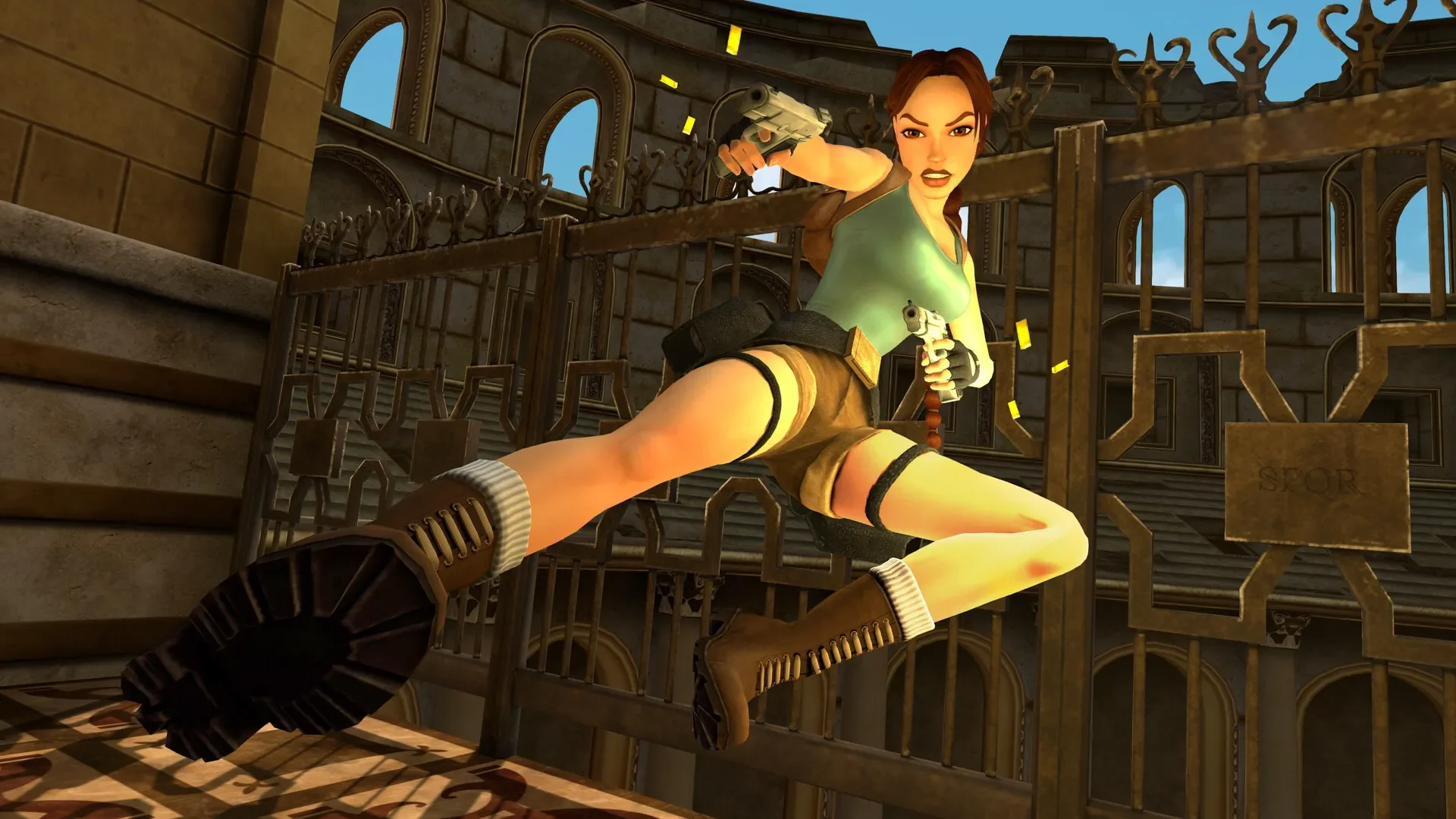Aspyr Sued After Allegedly Using AI to Clone Lara Croft's Voice Without Permission
Just when you thought the whole AI debate couldn't get any uglier, a developer gets caught allegedly using it to rip off a beloved voice actor.
The controversy around the Tomb Raider 4-6 Remastered collection has officially moved from angry forum threads to the courtroom. Françoise Cadol, the iconic French voice of Lara Croft, is taking legal action against developer Aspyr.
The accusation? That the developers used a cheap, soulless AI knock-off of her voice to record new lines without her permission, her knowledge, or her pay.
The Guardians of the Voices
The most telling part of this whole mess? It wasn't Cadol or some industry watchdog who caught it. It was the fans.
French players immediately knew something was wrong with Lara's new lines. The comparison videos they put together are damning. The voice sounded almost identical, if it wasn’t for that terrible, lifeless AI drop in quality in both the performance and the audio.
It was these fans who brought it to her attention, a move she praised in an interview with Le Parisien, calling them the "guardians of the voices."
"A Betrayal, A Total Disrespect"
For Cadol, this goes beyond a simple business dispute. She calls the alleged voice cloning a "betrayal, a total disrespect" to the gamers who have a deep connection with her performance over the years.
She understands the relationship between a voice actor and the community better than most marketing departments ever will. "It's a game, my voice accompanies the gamers, we play together," she said.
The "Rogue Partner" Defense
Naturally, Aspyr is already rolling out the oldest excuse in the book: blame the contractor.
In a similar case with the Brazilian voice actor, Aspyr claimed a "rogue external development partner" used AI without their knowledge or approval. It’s the corporate equivalent of "my dog ate my homework."
It's a convenient way to plead ignorance while throwing a nameless, faceless company under the bus.
A Grim Preview
Whether Aspyr's leadership was truly clueless or just hoped no one would notice is almost beside the point. The damage is done.
This lawsuit has implications far beyond a single video game. It's a clear shot across the bow in the growing war against AI exploitation in creative industries. It’s a fight against being replaced by a cheap, soulless echo of your own work, and in this case, it took a legion of dedicated fans to even notice the switch.
